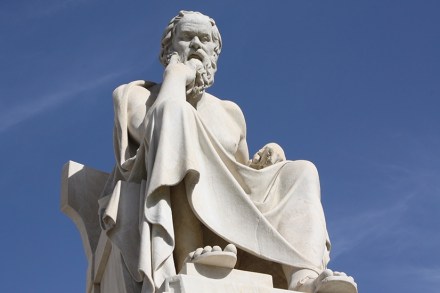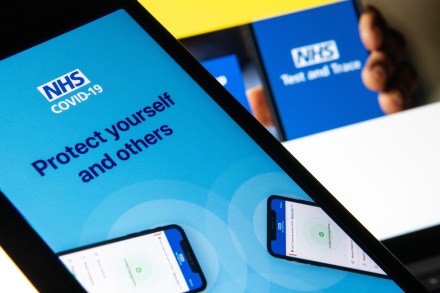The Socratic approach to Covid
Organs of the press are filled with opinion pages. The sublime confidence about Covid with which commentators advance these opinions, day after day after boring day, brings to mind the way in which Socrates dealt with such people. Plato, our major source for Socrates’s life and teaching, tells us that, on trial for his life, Socrates described how his friend Chairephon had asked the Delphic oracle whether anyone was wiser than Socrates, and the answer came back ‘No’. Baffled, since he was conscious of his own ignorance about almost everything, Socrates decided to put the oracle to the test and find someone wiser than himself. But his efforts were in




















